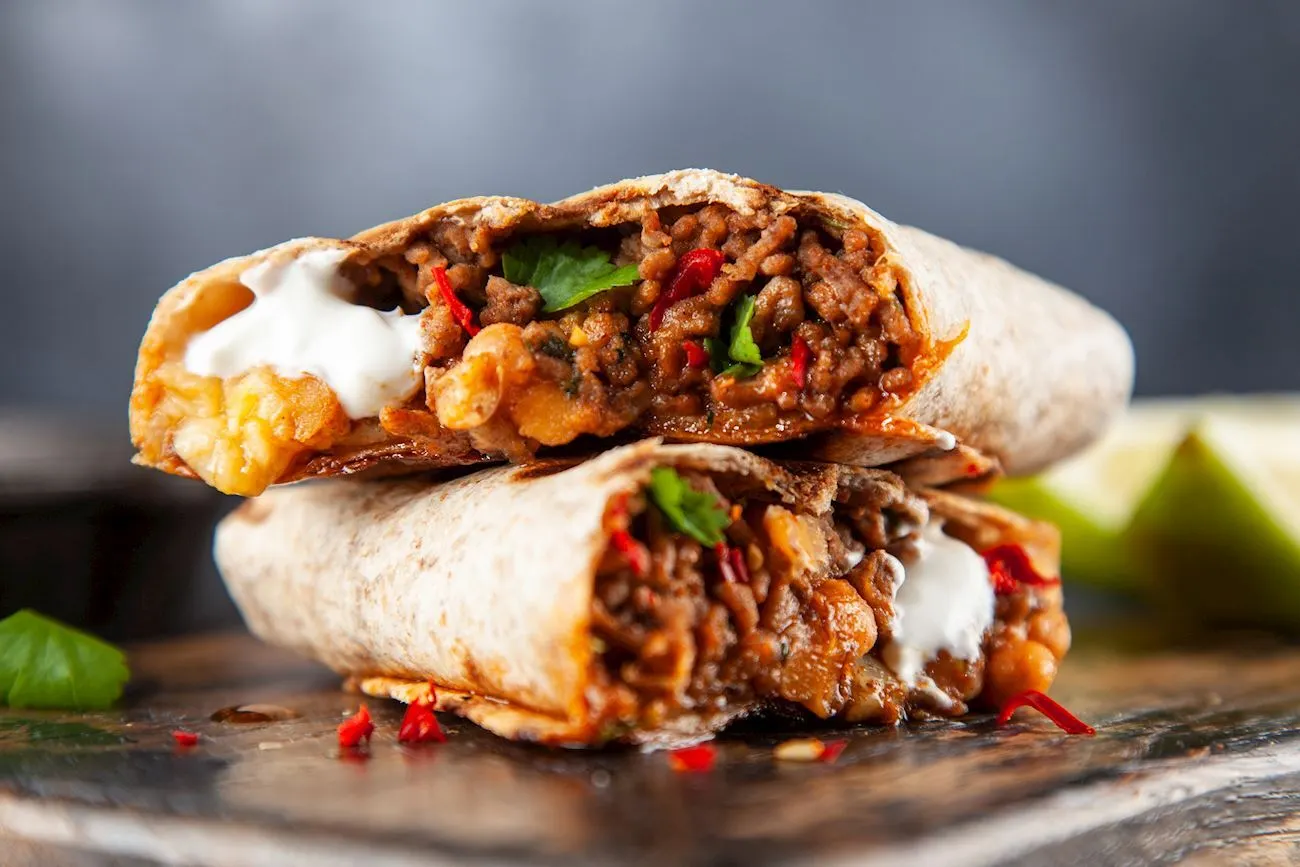I was hoping there would be something about the health effects of ultraprocessed foods. This is just about over eating.
That is the health effect of ultraprocessed foods: they’re designed to be hyperpalatable so that people will eat (and therefore buy) more.
Huh, good point. They spend a lot of money researching how to make them addictive.
Which is in part caused by the foods — they’re engineered to overcome peoples’ natural limits to how much they eat.
I’ve tried to eliminate ultraprocessed food from my diet and now I try my best to eat as much fiber as possible. I lost about 15 kilograms between doing this and reducing my sugar/alcohol intake. It was very difficult initially since I always felt hungry but I don’t even think about it now after about a year of doing this. I feel a lot better too.
This is just one data point, so I can’t say it’ll definitely work for everyone, but it’s worth a try.
Thats confirmation bias.
The fact is that cutting out carbs results in weight loss because you cut calories by cutting carbs, cutting out processed foods will do largely the same. Going vegetarian often results in weight loss, “Intermittent fasting” doesnt have any special effect on the body, provided you dont eat like a pig in your feeding window its just the fact you’re eating during less time in the day.
Not disputing you got great results or that cutting out processed food cant have other benefits, but I work out alot and eat a lot of “ultra processed” protein powder/protein bars and premade meals and I’ve also seen amazing results.
The fact is that if you calculate your maintenance calories and then track what you eat you will be amazed at just how fast it all adds up.
Its all about your relationship with food, anyone who pays attention to what they put in and how much of it will ALWAYS have better results than people who dont.
There’s an extra factor in there, at least for some people. Carbs, particularly processed carbs, create an insulin response. That insulin response makes you hungry. Ever wondered about the cliche about eating Chinese food and being hungry an hour later? It’s from the rice, with its high glycemic index. It doesn’t affect everyone, but it does affect a lot of people.
No surprise, you eat less when you’re less hungry (or hungry less of the time). It’s also where intermittent fasting comes in, although that’s a lot tougher to demonstrate.
You’re right. I was talking more about the weight loss, I kind of wrote that post terribly. Everything that Ive read shows that while insulin response and fasting may have some physiological benefits (which will vary wildly from person to person) in addition to the low GI foods making it easier to stay on a diet because you feel full longer and more energetic all day the benefits of simply not eating too much calories is universal.
You can absolutely have a diet based on high GI, calorie dense food and still lose weight. But its going to suck.
I’m not entirely attributing my weight loss to not eating ultraprocessed food, but that was was part of it. I’m sharing what I experienced when I did that and not trying to argue a point or do a scientific experiment, so I’m not sure how confirmation bias entirely comes into play here.
you cut calories by cutting carbs
I did not specifically set out to reduce my carbohydrate intake. I still eat rice with meals as I normally do, but I also did what the article describes and subtituted the ultraprocessed foods in my diet with less processed food. My goals were to reduce that, sugar, and alcohol.
Yeah my post was quite poorly written.
You lost weight and feel better by cutting out processed foods a great many of which are very calorie dense and heavy on carbs was what I meant. Which is not to say carbs are bad, I know people who went vegan and lost a ton of weight and felt great despite eating more carbs, People who went Keto and ate tons of fats and lost weight and felt great and people like myself who leaned into macros (and I eat a lot of certain processed foods) all the people had in common was that they took an interest into their diet and what and how much of it they were putting into their bodies.
I didnt mean to make it sound like I’m shitting on what worked for you because thats the important thing, you found a method that worked for you and stuck to it.
“Ultaprocessed” is a stupid classification.
Finnish rye bread is classified as “ultraprocessed” due to its more complex production process but it better for you than white bread.
Lots of soy products count as “ultraprocessed” too.
What people actually mean when discussing “ultraprocessed” foods, are foods designed to taste good without making you feel satisfied. Causing you to eat/buy more of it than you should, more than you would otherwise even desire to.
Yes, when you create a product like that, it often ends up classifying as “ultraprocessed”. But not all ultraprocessed food products are a problem, and not all non-processed foods lack the “I wanna eat more” factor that these products go for.
I’d posit that quibbling over food classification plays right into the hands of the people who don’t want you to otherwise think too much about what food you buy and eat. The simplicity is likely intentional and so some things are bound to be classified poorly, but that’s okay because we can call those out. It still works for the majority of what you’d like to identify.
That makes no sense.
My taking issue with oversimplification, doesn’t mean I’m advocating for less thought to be put into the matter.
It means the opposite.
We can do better than simply “how much has this been processed” which is just another word for “preparation”.
“Ultraprocessed” makes it seem like the act of preparing the food somehow ruins it, when the real problem is all the other differences between industrially prepared food vs how you’d turn individual “unprocessed” ingredients into a meal, cookies, or whatever else at home.
A bowl of noodles consumed in a restaurant, or prepared by you yourself, would be classified exactly the same as a bowl of sodium-overloaded instant ones, because the classification has literally nothing to do with what the food actually contains, merely how far removed it is from a raw ingredient.
What is the gain that you seek from this fight ?
That people become more informed?
It’s better than nothing if people are thinking about whether something they buy is “ultraprocessed”.
But even better than that is if people know how to identify food that has been prepared in a way that is sane, or if it has been produced specifically to exploit bad consumer habits.
It’s not a fight. My main goal is literally just to put information where people might read it.
This picture is about to fuck me up with the spam and ramen cheese dog.
Would you eat it?
It just needs a knife and some hot water
Oh fam have I got a treat for you, that picture is basically the ingredients list for Korean budae jjigae. One of my favorite culinary masterpieces, look it up
Did the study also take calorie control into account?



